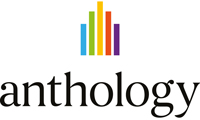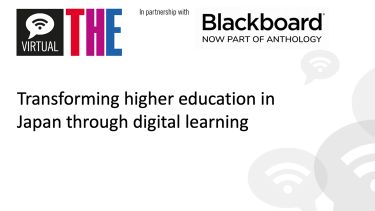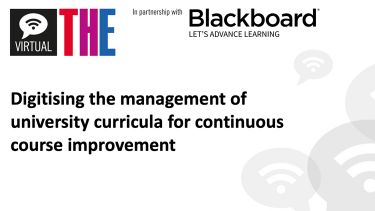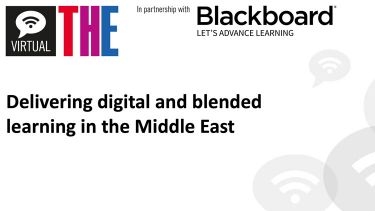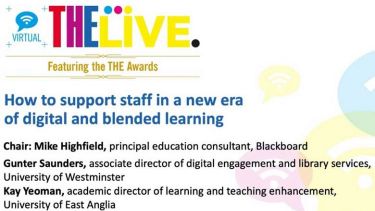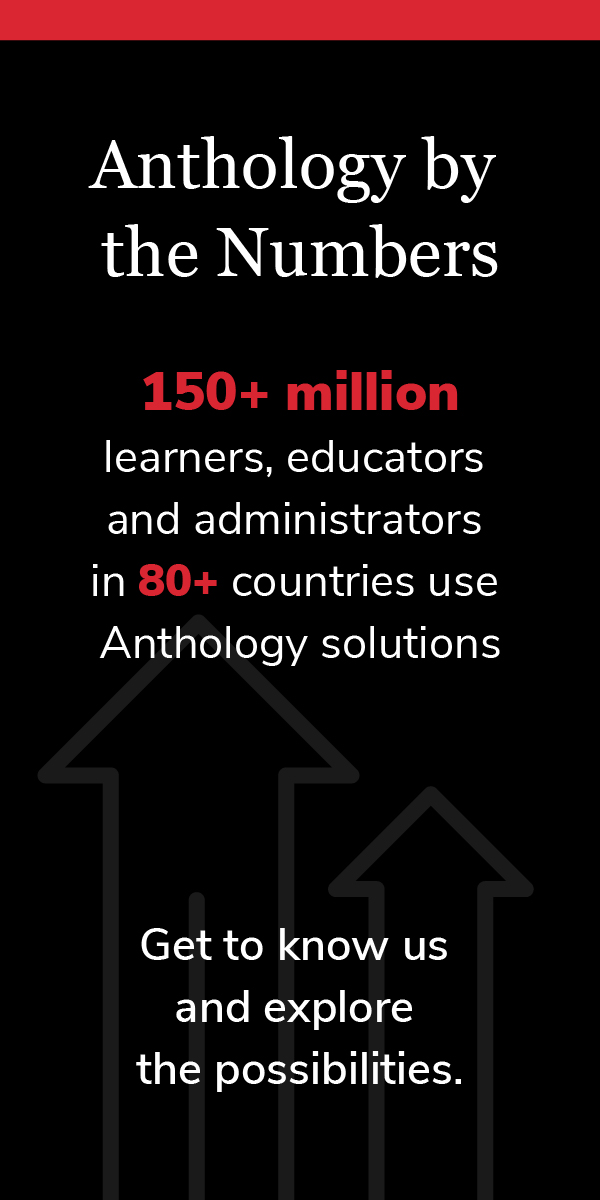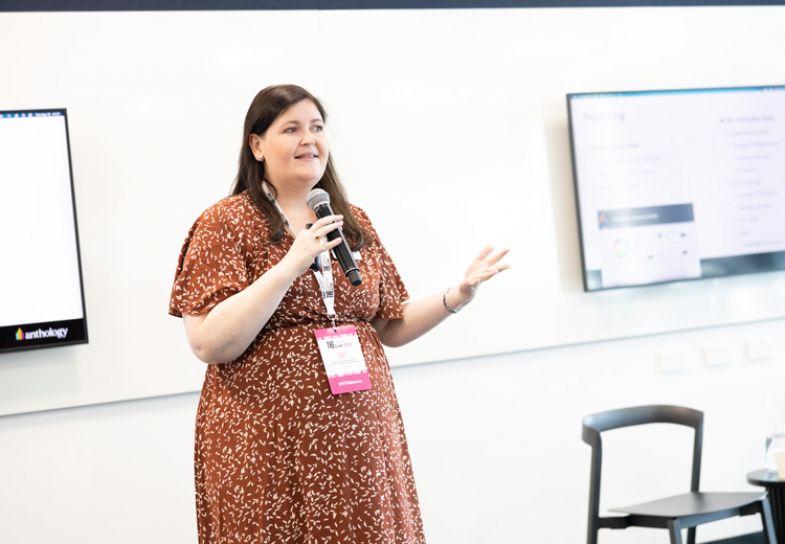
There needs to be a mindset shift around accessibility in the higher education space. Meeting the diverse needs of all learners is an ongoing process
Edtech solutions can improve accessibility across the entire student lifecycle – everything from enrolment to teaching solutions, graduation, event management and alumni programmes.
During a session held at THE Campus Live ANZ in partnership with edtech provider Anthology, Nicole Wall, regional vice-president (ANZ) at Anthology, and Jessica Seage, learning designer at Curtin University, discussed why a 360-degree view was needed for institutions to offer genuine inclusivity.
Accessibility is about providing equal opportunities to all digital learners. “It’s about much more than just the end point; it is about the journey,” Wall said. “It is not a box-ticking exercise. We have to make sure that accessibility is incorporated within the day-to-day engagement for learners and teachers alike.”
Accessibility measures and evaluations may be implemented periodically but can quickly become out of date. “We believe that accessibility requires a mindset shift if it is to deliver genuine inclusivity,” Wall added.
Ideas around accessibility need rethinking. Inclusion is a choice and one that is met only by thinking about the diverse needs of all learners. A lot of people consider only students with a physical disability or those who have self-reported one when assessing accessibility, but inclusivity goes further to encompass any student who may face barriers to learning, such as international students, professional learners and those with temporary disabilities, for example.
The need for a greater focus on accessibility is even more important for institutions that don’t serve traditional cohorts. “A shift in mindset consists of talking not just about inclusivity but universal design to support every learner,” Wall explained.
Many institutions don’t have visibility into what is happening within the accessibility space. There are also legal requirements that can be confusing and a lack of instructor awareness. The need for alternative formats can also generate delays. “We believe that edtech can break down barriers,” Wall said. “We have developed a product, Ally, that works with LMS platforms and websites through its three core features: offering alternative formats, delivering instructor feedback and providing institutional reporting.
“When we first launched Ally at Curtin in February 2020, we didn’t want to add to the existing workloads of our academic staff,” Seage explained. “We decided not to set an accessibility target, simply encouraging staff to remediate their content as and when they feasibly could. The tool increased both staff awareness and knowledge around accessibility.”
In 2021, after the huge pedagogical shift that accompanied the spread of the Covid-19 pandemic, staff at Curtin were keen to enact change but unsure how to make it happen. “We created workshops where we invited industry experts to talk on the importance of inclusion and accessibility, including a demonstration of the Ally tool,” Seage said. “Feedback from staff was overwhelmingly positive.
“We now offer institutional support through a new diversity, inclusion and accessibility action plan to promote universal design,” Seage continued. “This is supported by the Ally platform. Through Ally’s excellent recording tools, we can monitor the number of downloads and staff interactions, while seeing the improvement we’ve made in terms of the number of alternative format documents available to learners. As a result, Ally has not only improved accessibility at Curtin, but provided the data we need to prove it.”
The panel:
- Nicole Wall, regional vice-president (ANZ), Anthology (chair)
- Jessica Seage, learning designer, Curtin University
Find out more about Anthology Ally.
